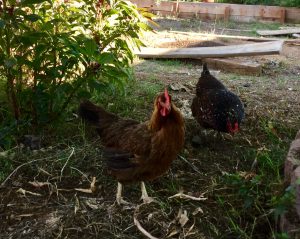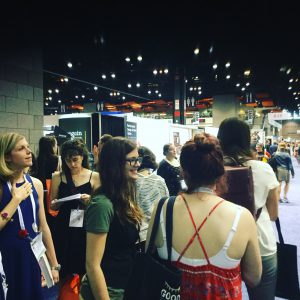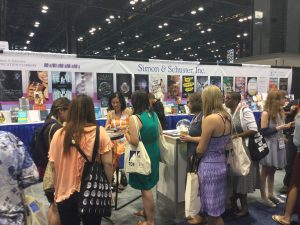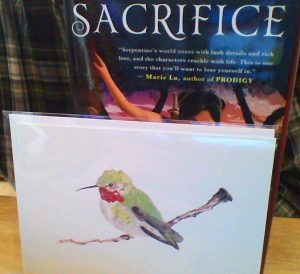Last week I attended a webinar with Kendra Levin (hosted by SCBWI Europolitan as part of a run-up to their conference this year – wow I wish I could go, they seem like a great group) on the topic of rejection, what it means and how to deal with it. I don’t do a lot of webinars or writing events like this; I did when I first came back to writing, but I stopped after a while. I can’t honestly say why I signed up for this one. But I’m glad I did, not so much because the content was new to me but because, for whatever reason (whether Kendra’s manner, or the other participants, or just being at the right time for my mental state at the moment) it changed my perspective on my writing and where it is right now.
One of the “what rejection means” things that came up in the webinar was pacing. I have a pacing bruise – seriously, I wince when I hear/see the word – because of my experience with the first novel I ever wrote, which was also the first piece of fiction I wrote after a fifteen-year hiatus.
The thing is, when I started the novel, it was an experiment. Could I write a novel? I’d only ever written short pieces before. I started it based on a single image, completely pantsed it the whole way through, and got to the end and realized I loved it and didn’t want to stop. I’d fallen into the world I created. They always say don’t be too attached to your first novel, and I started off right – it was just an experiment, after all – but at some point I fell off that wagon, and I fell hard.
I sent it out to agents, got some interest, revised and sent it out again, signed with an agent – and then, the book got rejected, over and over again (this is not an even slightly unusual story, by the way). Why? You guessed it: pacing.
Despite my being attached to the novel, I wasn’t upset (or too upset) by the rejections. But I was upset by the consistent pacing critiques, because I wasn’t understanding them and I couldn’t figure out what I was missing. Soliciting feedback from other writers (and I hired an editor, too) got me advice like “what they mean is too quiet” and and “read The Hunger Games, that’s what sells.” Much as I love The Hunger Games, that wasn’t the kind of book I was trying to write. I thought maybe the problem was the market not the book. But while I could see that books that were more like what I was trying to write were rare, they were still being published (and in YA at that). So what was the problem?
My agent had asked me to revise to address the pacing issue. I did, but the only thing I could think of to do was to make the action more bang-bang-bang. I wasn’t happy with it; my agent didn’t think it was great either, though he did send it out; and guess what? The book never sold.
This all happened a while ago, but I still can’t hear the word pacing without feeling the sting of that experience, as well as sorrow for my poor first novel.
So – that was a very long introduction! – when another participant asked Kendra Levin about “pacing” rejections, I flinched. But I also listened. Kendra that for her, this often means nothing about the story surprised her – that there could be great characters, and plenty of action, everything could be fine, but nothing surprised her.
This was different, not what I’d heard before about pacing. It wasn’t a lightbulb moment, but I took the idea of “surprise” and stuck it in my keep-thinking-about-this file.
A day or two after I finished a book that completely fell flat for me. I finished, and thought about why it didn’t work for me – and the first instinctive answer that came to me was: pacing.
That was my lightbulb moment: I had become the enemy!
I do think I understand, now (after all this time!) where my first novel failed. It was a first novel, after all, and when I began it I had no idea what I was doing. The whole plan was to learn by writing. I didn’t realize that the learning would continue long after I had shelved the project, but it has.
Maybe I’ll go back and revise it again one of these days. I think I’d know how, now.
But then again, maybe I won’t. Maybe I’ll just leave it as it is, for what it is: evidence of learning.






